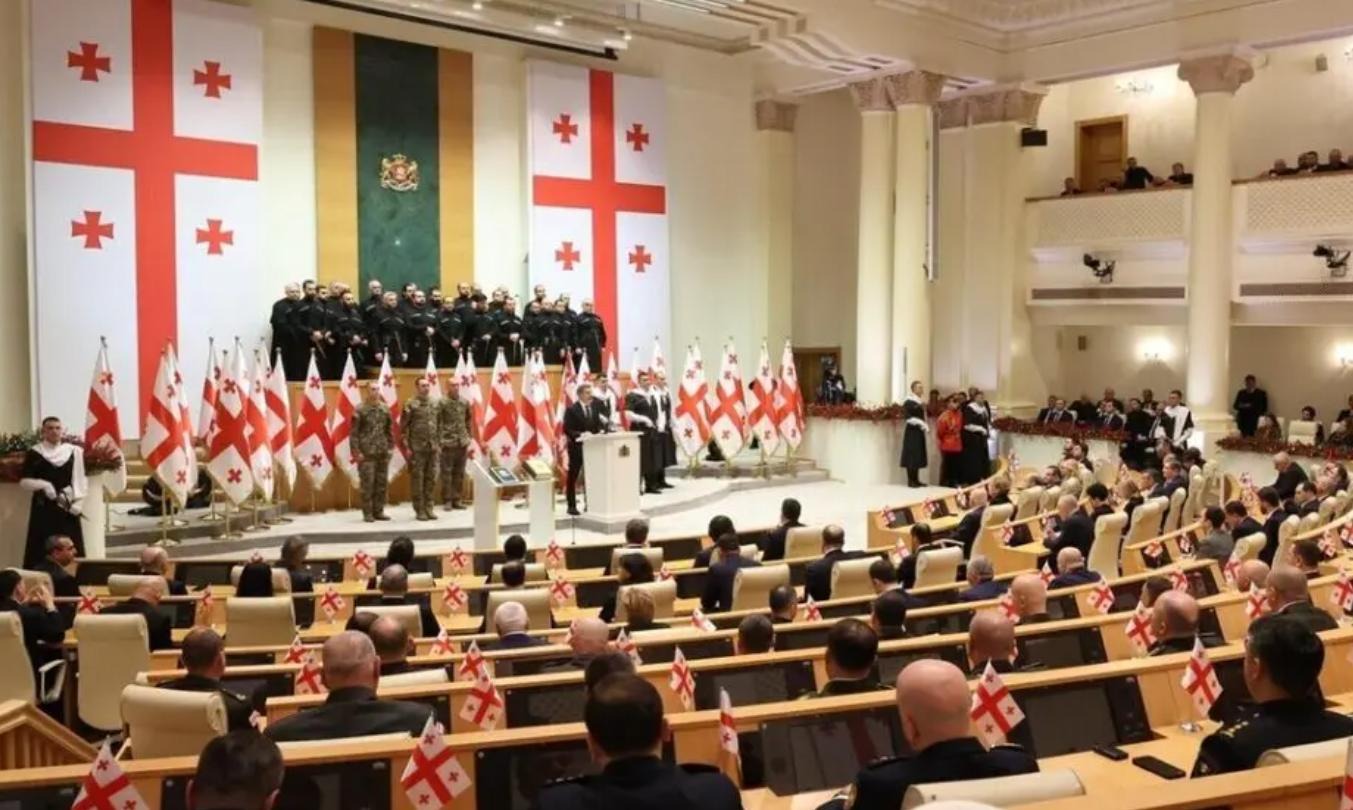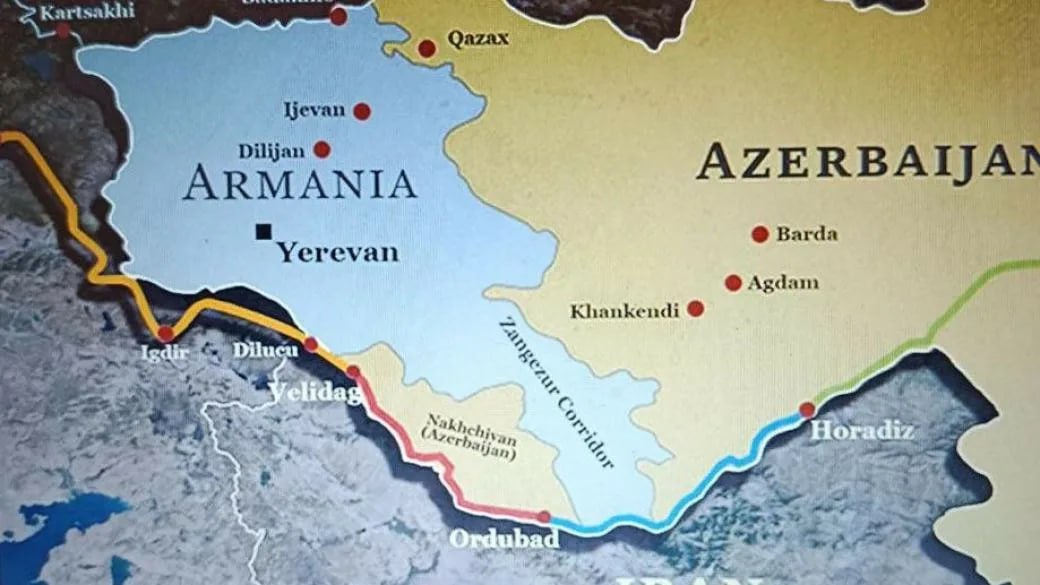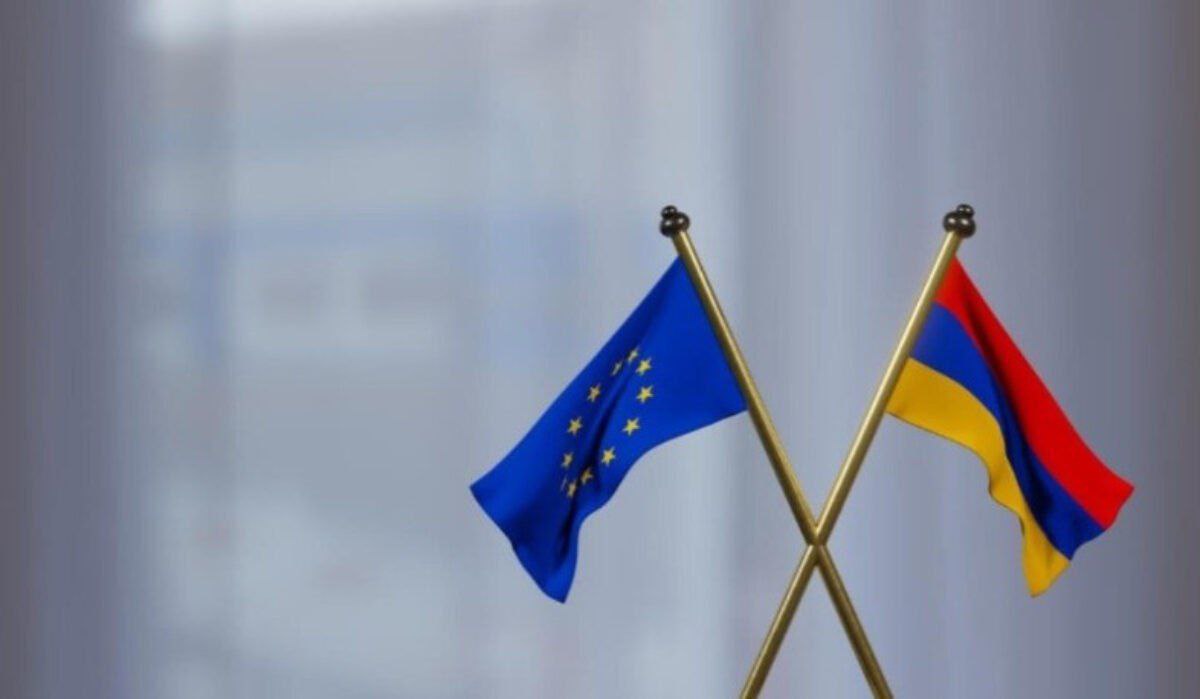Russia has stated its readiness to consider joining the TRIPP project (the transport corridor between Armenia and Azerbaijan). Russian Foreign Ministry spokesperson Maria Zakharova announced at a briefing that Moscow is interested in participating and is prepared to offer Russian Railways' expertise for the project's implementation.

At today's session, the Georgian Parliament approved amendments to the Law on Grants in the third and final reading. The innovations provide for the possibility of receiving a foreign grant only with the consent of the government or a specific authorized person.
Recall that the country's legislative body actually operates as a one-party body, since 89 of the 101 mandates in it are represented by the ruling Georgian Dream. The above amendments to the law were adopted in a forced, accelerated manner. In the third reading, 82 deputies voted for the corresponding bill, the rest of the deputies abstained.
The Anti-Corruption Bureau will monitor compliance with the new requirements. In case of violation of the law, the organization that received the grant will be fined double the amount.
This month, the Georgian Parliament adopted several controversial initiatives at once, which critics call repressive. Thus, on April 1, the law was finally approved, which the ruling party calls an exact analogue of the American FARA (Foreign Agents Registration Act). Failure to comply with the requirements established by the new law, including the obligation to register as an agent of a foreign principal, will entail criminal liability. The law will enter into force 60 days after it is signed by the president appointed by the ruling party, Mikheil Kavelashvili.
On the same day, legislative amendments were introduced that provide for new restrictions in the media sphere. In particular, the first package of amendments to the Law on Broadcasting prohibits direct and indirect foreign financing for television and radio channels, and this applies even to social advertising. The second part of the amendments defines standards for content on air, as well as on the websites of television and radio companies and their pages on social networks. Earlier, the ruling party announced plans to develop a similar bill for online media.
In addition, on April 2, the Georgian Parliament adopted in the final reading a bill amending 14 existing laws. According to the amendments, the non-governmental sector of Georgia is now prohibited from participating in government decision-making, including nominating candidates for membership in the Council of Prosecutors and the Disciplinary Board of Judges of General Jurisdiction. It is noteworthy that previously, NGO participation in the public administration process was mandatory.



